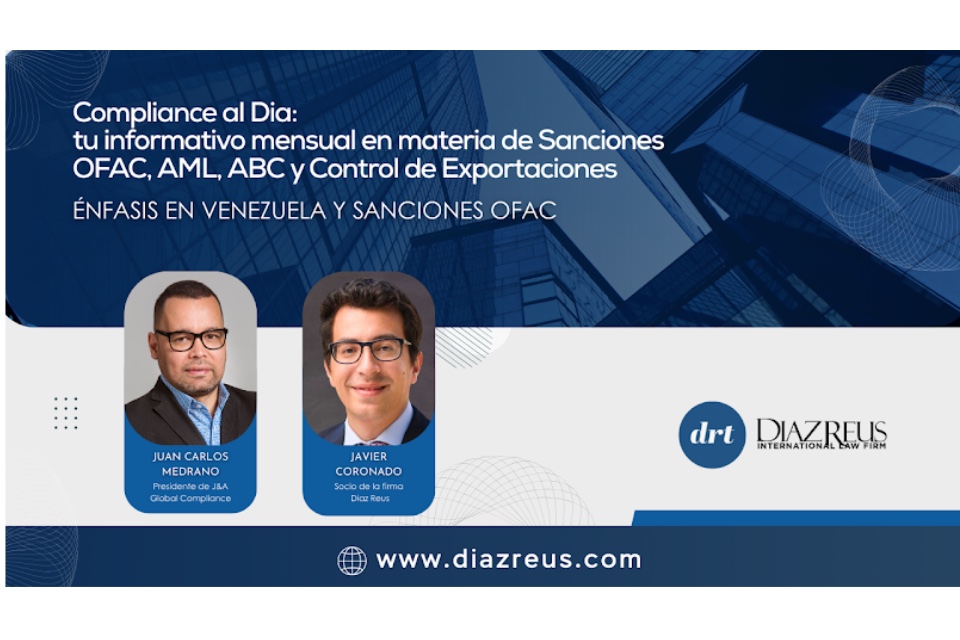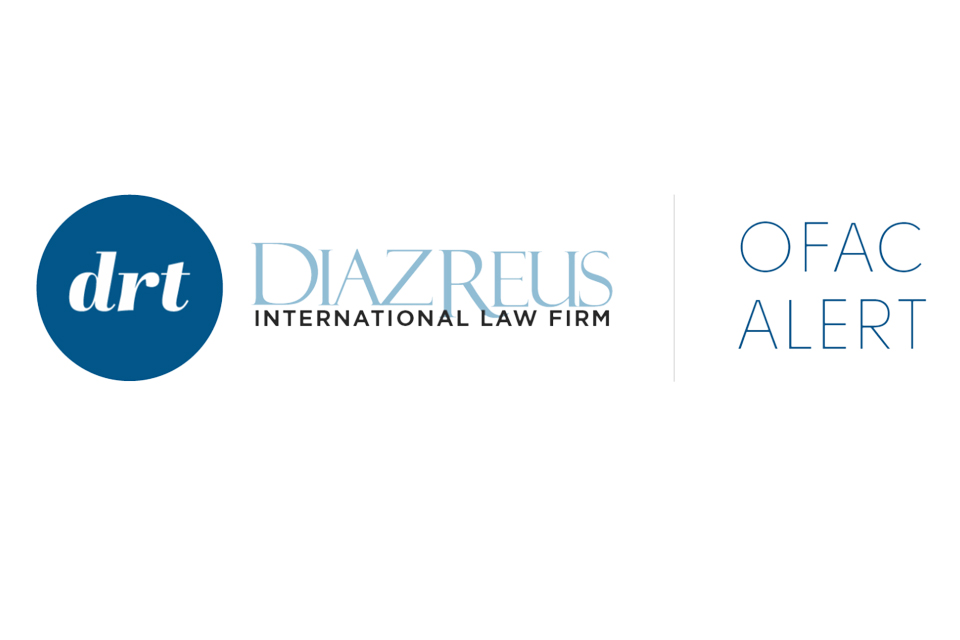In 2015, The New York Times published a shocking piece naming several wealthy foreigners who had purchased United States real estate for many multiple millions of dollars. Among others, the article named Vitaly Malkin, a former Russian politician and banker involved in a variety of financial scandals—barred from entering Canada because of suspected connections to organized crime. In 2010, Mr. Vitaly bought a 15 million dollar condo in New York City through a shell company, essentially allowing him to hide his identity. And Pablo Ardila, a former Colombian official implicated on criminal charges, did something similar.
Money launderers have long been drawn to elite real estate investment. They are able to make these large purchases with little scrutiny because U.S. laws allow the movement of largely untraceable money through shell companies. Using a shell company, it is possible for criminals to purchase real estate in cash, disguise ownership, and realize reliable financial returns. In particular, the real estate markets in New York and Miami are seen as “attractive destinations” for such foreign proceeds of crime feeding through shell companies.
GTO issued for Miami and New York real estate sector
Concerned about such illicit money flowing into the purchase of high-value residential properties, the Financial Crimes Enforcement Network, or FinCEN, announced a Geographic Targeting Order (GTO), in effect as of January 13, 2016. The subjects of this open government investigation are title insurance companies in New York County (Manhattan) and Miami-Dade County, Florida.
The FinCen GTO, a temporary order that can last up to 180 days and is renewable at the discretion of the Secretary of the Treasury, requires that certain title insurance companies report the identity of natural persons who make “all-cash” purchases of high-value residential real estate through shell companies. The U.S. Federal Bureau of Investigation is also expected to create a new unit to focus on money laundering, and real estate will, of course, be a central emphasis.
These announcements highlight the need for the real estate entities in the U.S. to understand their potential liability should they be found to have facilitated money laundering, whether knowingly or not. Affected entities in the real estate industry GTO include, but are not limited to, real estate developers, and real estate brokers and sales representatives acting as agents regarding the purchase or sale of any real estate.
Following are some of the key governance obligations under the GTO, of which real estate entities should be vigilant.
Customer Due Diligence
Real estate entities in the GTO should identify and verify all clients when establishing business relations using reliable and independent information. It is also important to re-verify identity where there is a suspicion of money laundering or terrorism financing or doubt about whether the client is who they claim to be. If a beneficial ownership arrangement is being used, involving corporate clients or shell companies, additional reasonable measures should be taken to verify the identity of all beneficial owners. It goes without saying that on ongoing due diligence and transaction monitoring must also be conducted throughout the business relationship to ensure transactions are consistent with the business’ knowledge of the client.
Recordkeeping
Real estate entities in the GTO should collect all relevant information, and retain records of their clients’ identity and their ongoing activities in a consistent format. The type of records that entities must retain must include records of or about transactions, payments, customer identification procedures and due diligence assessments. It is advisable to store the record of all information in both hard copy and electronically which is in a retrievable and auditable manner. This will also allow a ready access to regulatory agencies in the event of an investigation.
Reporting Suspicious Activity
Real estate entities in the GTO must file a report to the regulatory agencies if they suspect on reasonable grounds that a client is not who they claim to be or if the transaction indicates a criminal offence, tax evasion, proceeds of crime or a money laundering or terrorism financing offence. For instance, the use of large cash payments to settle a sale or purchase is an example of a suspicious cash transaction. The payment of a cash deposit under a contract and then the cancellation of the contract for no apparent reason would be another. These suspicious transactions must be reported expeditiously.
Anti-money Laundering/Counter Terrorist Financing Program
Real estate entities in the GTO should also be vigilant when it comes to governance obligations under the anti-money laundering laws. A failure to do so may result not only in significant fines, seizure or tracing of purchase moneys but also significant reputational damage. It is highly recommended that the real estate sellers should also develop internal procedures and guidelines and ensure adequate staff training to detect money laundering or terrorist financing. These guidelines will also help real estate companies be effective partners with enforcement agencies in detecting and addressing the use of real estate in illegal financing activities. Failure to review procedures and policies at regular intervals once they are in place is a significant lapse under the regulations and likely to result in regulatory action. Sanctions for breaching anti-money laundering regulations range from financial penalties to, in the most serious cases, criminal prosecution. It is to be noted that enforcement action does not require a business to actually be used by criminals, mere vulnerability is sufficient.
Final word of Caution
The recent GTO crackdown was long over due and will shine a light on the darkest corner of the real estate market. It is the first time U.S. regulators have required real estate entities to disclose names behind all-cash transactions, and it is likely to send shudders through the real estate industry that has benefited enormously in recent years from a building boom, increasingly dependent on wealthy, secretive buyers. The use of real estate in money laundering schemes continues to be an area of concern to the regulators, however, adherence to GTO guidelines will help identify and hopefully eliminate potential money laundering risks.













